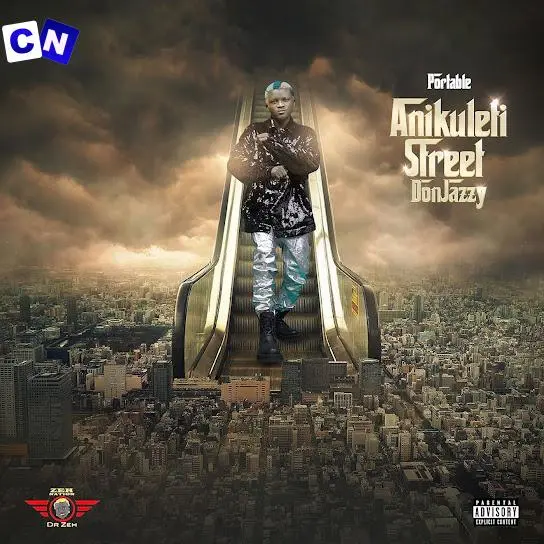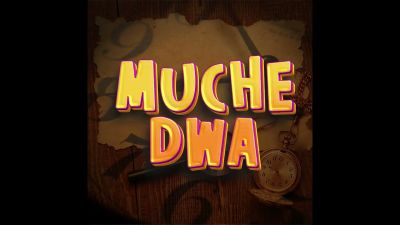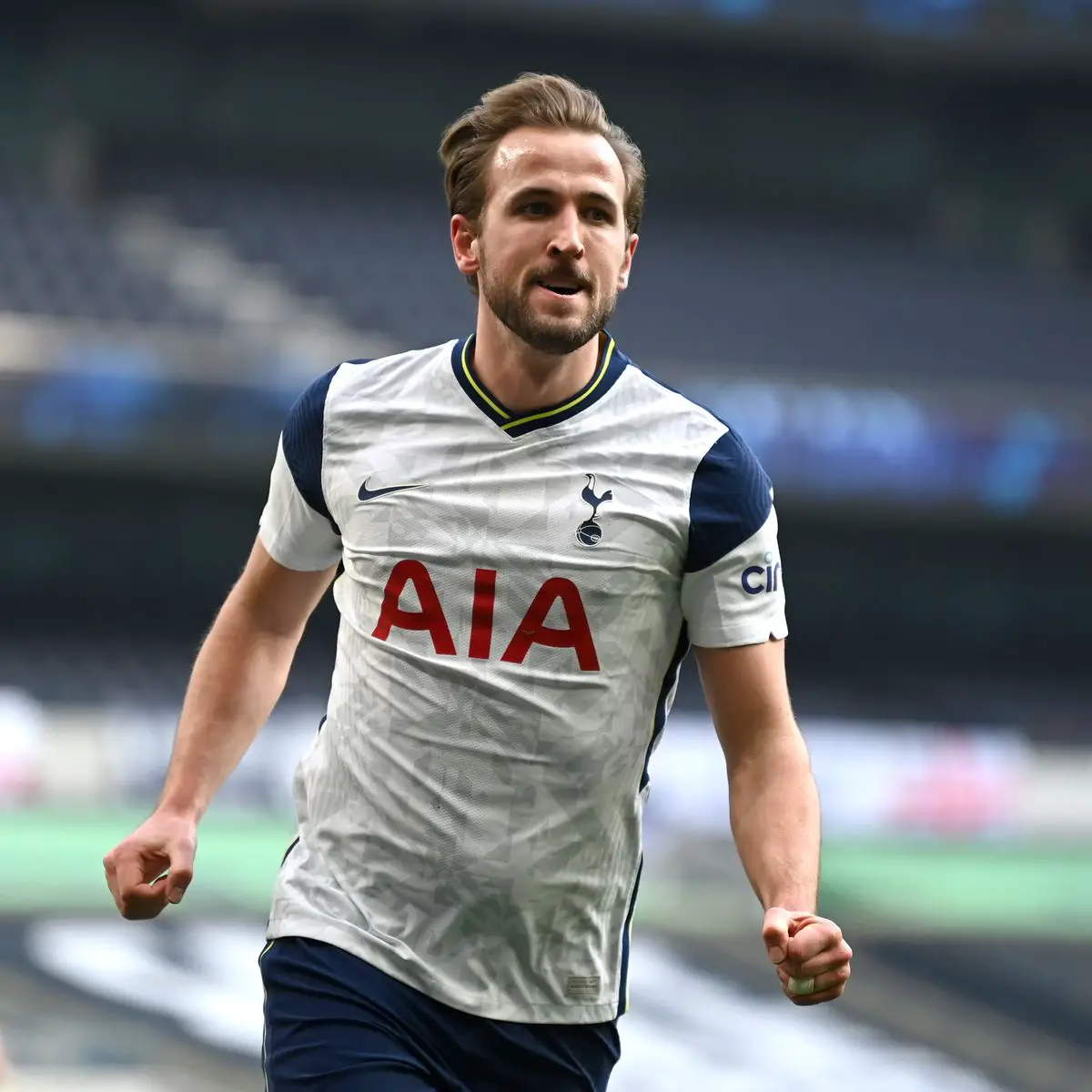Global trade is “not going through a great period”.
This is the admission of the Director General of the World Trade Organization (WTO), Dr Ngozi Okonjo-Iweala.
“We are seeing increasing protectionism, some weakening of WTO rules and some of that is leading to fragmentation,” he told the BBC.

“Global trade is really part of the lifeblood of making countries resilient and also supporting growth, so we are concerned about that.”
In recent weeks and months, these fragmentations have come to the fore with the EU imposing temporary tariffs of up to 37.4% on Chinese electric vehicle (EV) imports. This comes after the US imposed 100% tariffs on Chinese EVs in May.
Both Brussels and Washington accuse the Chinese government of unfairly subsidizing the electric vehicle sector, allowing manufacturers to export cars at unfairly low prices and jeopardizing jobs in the West.
President Biden has also raised import duties on a number of other Chinese products that he says are “the industries of the future.”
These include electric vehicle batteries and the minerals they contain, the cells needed to make solar panels, and computer chips.
Meanwhile, the United States has invested billions of dollars of public funds in green technology, through the Inflation Reduction Act, which aims to reduce dependence on Chinese imports.
EU Trade Commissioner Valdis Dombrovskis told the BBC that Europe does not want to close the electric vehicle market. “We welcome imports, we welcome competition, but that competition has to be fair,” he said.
Last year, global trade volume fell for only the third time in 30 years, according to the WTO. It says the 1.2% decline was linked to higher interest rates and inflation and expects a recovery this year.
However, these factors are rooted in events that continue to radically reshape the global economy, the first deputy managing director of the International Monetary Fund (IMF), Gita Gopinath, explained in a recent speech.
“What we’ve seen in the last few years, I would say, especially in terms of global trade relations, is nothing compared to what we’ve seen since the end of the Cold War.”
“In recent years, there have been a number of shocks, including the pandemic. We had the invasion of Ukraine by Russia, and in the wake of these events, more and more countries around the world are being driven by economic security and national security concerns in determining who they trade with and who they invest in,” he said.
This is hitting countries as far apart as Peru, Ghana and Vietnam, which are increasingly finding themselves having to choose between strengthening economic ties with Western powers or a China-Russia axis.
“We are also concerned about the emerging fragmentation we see in trade data,” says the WTO’s Dr Okonjo-Iweala. “We are seeing that trade between like-minded blocs is growing faster than trade between those blocs.”
It warns that “it will be costly for the world” to continue on this path. WTO research has estimated the price tag at 5% of the global economy, while the IMF has suggested it could be closer to 7% or $7.4 trillion (£5.8 trillion) of lost output in the long run.
The EU’s introduction of tariffs on Chinese-made electric vehicles follows a surge in their exports to Europe in recent years. Exports jumped from $1.6 billion in value in 2020 to $11.5 billion last year, according to one study, which said they now account for 37% of all EV imports into the EU.
BYD, Geely and SAIC are among the Chinese electric vehicle makers said to have benefited from billions of dollars in government aid.
After many years of support, Chinese EV companies no longer need that help, says Jens Eskelund, president of the European Union Chamber of Commerce in China. “They are simply very competitive on their own terms today. I think the introduction of tariffs is a symptom that something is out of balance.”
Turning to broader relations, Mr Eskelund says it is “mind-boggling” that since 2017 the volume of goods sold by the EU to China has fallen by around a third, despite China’s steadily growing economy.
Citing China’s restrictions on market access for foreign companies and stringent security regulations, he adds: “I think it’s fair to say that Europe remains a significantly more open market for Chinese companies than the other way around. And that’s obviously something that needs to change.”
A recent House poll showed members have the lowest confidence ever in investing in China.
This comes as the EU seeks to reduce its economic dependence on China.
Last year, European Commission President Ursula von der Leyen described the need to “reduce risks, not decouple” relations with China.
Brussels’ concerns include Beijing’s use of sensitive technologies for military purposes and its support for Russia in its offensive in Ukraine.
Even companies like Ikea, Nike and Apple are trying to become less dependent on China.
As the EU and China are poised to discuss possible tariffs on electric vehicles, Chinese state media have reported that retaliatory measures on EU products including pork, cognac and luxury cars are being considered.
However, there are other barriers that global trade must overcome, including those in two of the most important arteries for moving goods around the world.
Panama Canal officials have had to reduce the number of ships allowed to pass through the canal this year. This is due to a lack of rainfall to fill the lake that feeds the canal.
Meanwhile, the Suez Canal is effectively sealed off due to ongoing attacks on commercial shipping by Houthi rebels in the Red Sea. Traffic through the canal has fallen by 90 percent, according to logistics firm Kuehne+Nagel.
Rolf Habben Jansen, CEO of German shipping giant Hapag-Lloyd, says the disruption will increase his company’s rates by between 30% and 40%.
Although shipping costs represent a small part of retail prices, Mr Habben Jansen says that “these additional costs are ultimately passed on” to consumers.
This could end up pushing up inflation just when central banks are showing signs of having it under control.
This would be “harmful to consumers,” says WTO’s Dr Okonjo-Iweala.
Despite all the tensions, he says trade has shown signs of resilience and adds that his organization can help countries resolve their differences.
Meanwhile, Dr Okonjo-Iweala admits that some WTO rules will have to change to help meet the challenge of climate change. “I firmly believe that some of our [global trade] rules, we have to look at them,” he says.
“When they were put in place, decades ago, we were not facing the kind of climate change threats that we face today.”
Regarding the increased use of tariffs, he adds: “Hopefully we don’t have to repeat what we saw in the 1930s. We had retaliatory tariffs, and from there it was downhill and everybody lost.
“So I hope we never enter an era like that again.”
[BBC]The post WTO chief warns of global trade collapse appeared first on TheConclaveNg.
 JamzNG Latest News, Gist, Entertainment in Nigeria
JamzNG Latest News, Gist, Entertainment in Nigeria






